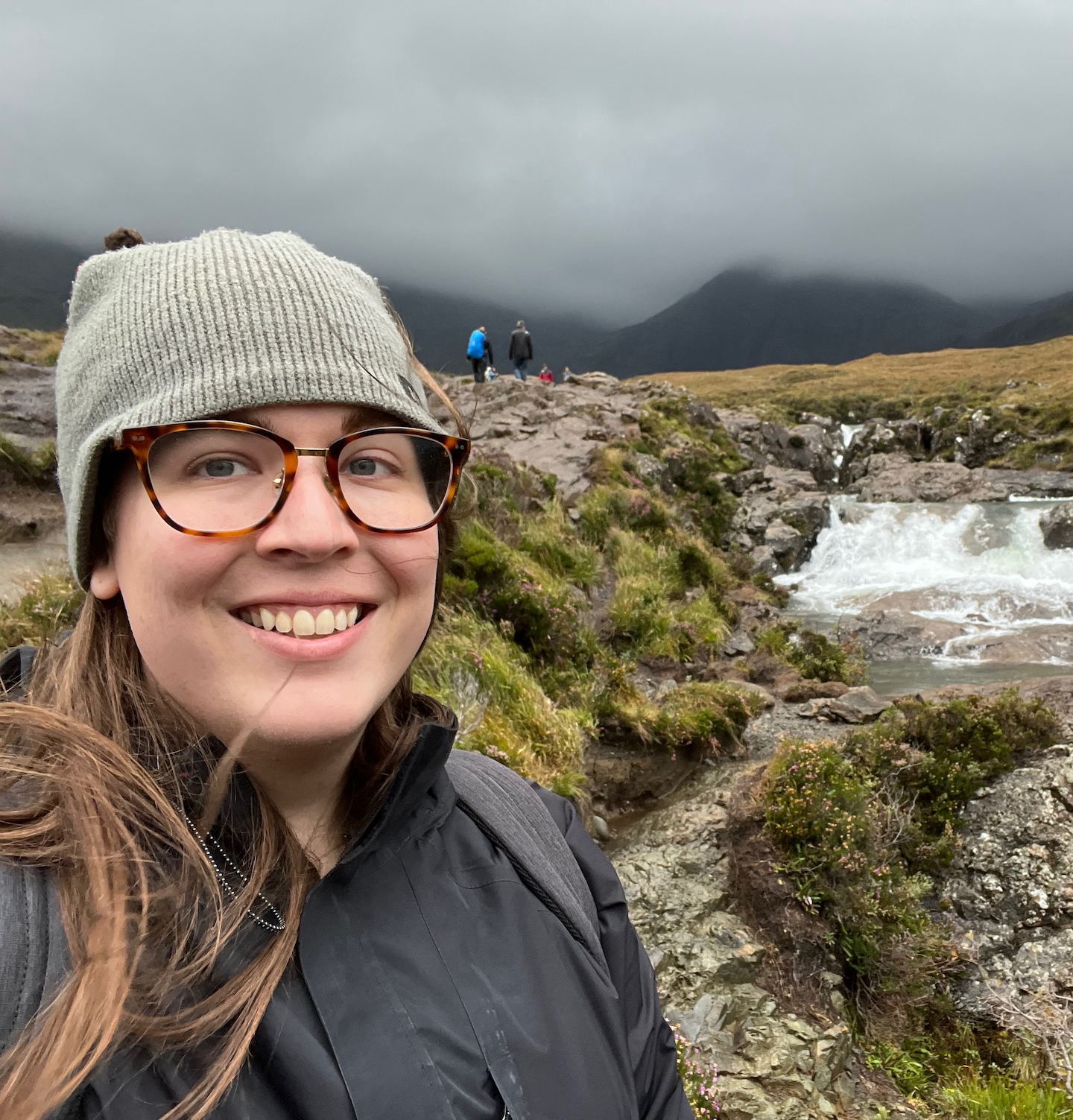Mikhail Korobko
"As a kid, I once read a book about the Rosetta stone, and decided I wanted to be an archeologist and a linguist, and study ancient languages. This interest in linguistics lasted for a very long time, till the university years. I always enjoyed the feeling of the mystery in a foreign language: it might be strange and confusing, but deep down there's a logical structure to it, which can be uncovered by the power of intellect. The same feeling I have when I study physics: it's weird and curious, and it should have the solution to it, if only we can find the right key. I've been interested in science in general for as long as I remember, but I never specifically wanted to be a physicist. I ended up in the department of physics as an undergrad mostly out of curiosity and because I wanted to study something really fundamental. Then I got involved in some LIGO-related research in my second year in Moscow State University. I once learned about the pendula hanging in the basement that could swing for years -- these were made by Braginsky and colleagues. I thought this was really incredible and beautiful. It turned out that such pendula are in use in gravitational-wave detection!"
Mikhail Korobko is a postdoctoral researcher at University of Hamburg. Mikhail works on quantum noise reduction techniques for future gravitational-wave detectors, including quantum squeezed light, entanglement, and quantum optomechanics. His favorite gravitational-wave event was GW150914. It was the most exciting event (not just gravitational) in his life, only surpassed by his wedding and two kids being born. The biggest scientific question Mikhail wants to answer is "How does the classical world emerge from the underlying quantum reality?" You can follow Mikhail on
Twitter at @hbar_universe.



Comments
Post a Comment